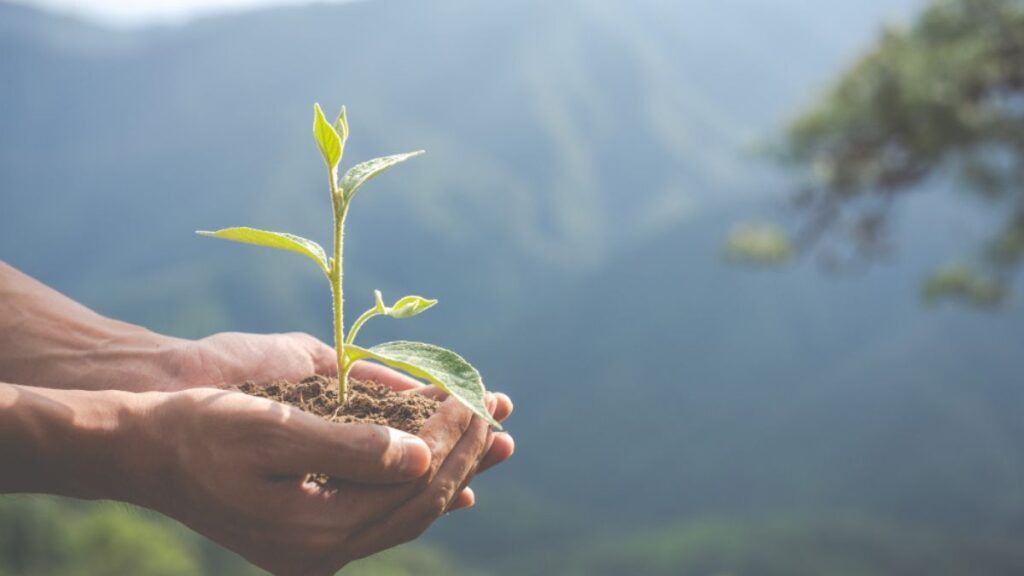Ecology is the scientific study of interactions between living organisms and their environment. It’s a field that explores how organisms—ranging from microscopic bacteria to towering redwoods and massive whales—coexist and influence each other and their surroundings. As the foundation for understanding life on Earth, ecology offers a window into the natural world’s delicate balance, and more importantly, how human actions can disrupt or restore this balance.
The Building Blocks of Ecology
At its core, ecology operates on various levels of organization. These range from individual organisms to populations, communities, ecosystems, and the biosphere. Each level adds complexity:
- Organismal ecology focuses on how an individual’s structure, physiology, and behavior help it survive and reproduce.
- Population ecology examines groups of the same species living in a specific area, investigating factors like population growth, density, and reproductive strategies.
- Community ecology looks at how different species interact, including competition, predation, and symbiosis.
- Ecosystem ecology broadens the scope by studying the flow of energy and nutrients between organisms and their physical environment.
- Global ecology considers how ecosystems interact on a planetary scale, encompassing climate systems and biogeochemical cycles.
Interdependence in Nature
One of the central tenets of ecology is interdependence. Every organism affects and is affected by others. For instance, bees pollinate flowers, enabling plants to reproduce, while plants provide food and shelter for insects and animals. Predators help control prey populations, preventing overgrazing and maintaining ecosystem health.
Even organisms that seem insignificant—like soil microbes—play vital roles. These microorganisms decompose organic matter, recycle nutrients, and support plant growth. Without them, the entire food web would collapse.
Ecosystems: Nature’s Complex Systems
An ecosystem includes all living organisms in a particular area, interacting with non-living components like air, water, and minerals. These systems can be as small as a puddle or as vast as the Amazon rainforest.
Energy flow and nutrient cycling are crucial in ecosystem dynamics. Sunlight powers most ecosystems, fueling photosynthesis and the production of biomass. Nutrients like nitrogen and phosphorus cycle through food webs, driven by processes like decomposition, predation, and plant uptake.
Human Impact on Ecological Balance
Modern human activities—deforestation, pollution, overfishing, and greenhouse gas emissions—have drastically altered natural ecosystems. Climate change, driven largely by fossil fuel combustion, is shifting weather patterns, melting polar ice, and disrupting migration routes and food availability.
Urban expansion fragments habitats, making it harder for species to thrive. Chemical pollution contaminates waterways, and invasive species introduced by global trade can outcompete native organisms, leading to extinction.
Yet, humans can also be agents of positive change. Conservation efforts, habitat restoration, sustainable farming, and rewilding initiatives show that it’s possible to restore damaged ecosystems and support biodiversity.
The Role of Ecology in the Future
Understanding ecology is essential to tackling the environmental challenges of our time. It informs everything from conservation policy to agriculture and urban planning. By respecting ecological principles, we can design systems that work with nature rather than against it.
As the planet faces unprecedented environmental pressures, ecology offers both warnings and solutions. It reminds us that we are not separate from nature—we are part of it. Every action we take ripples through the web of life, shaping the world for generations to come.


